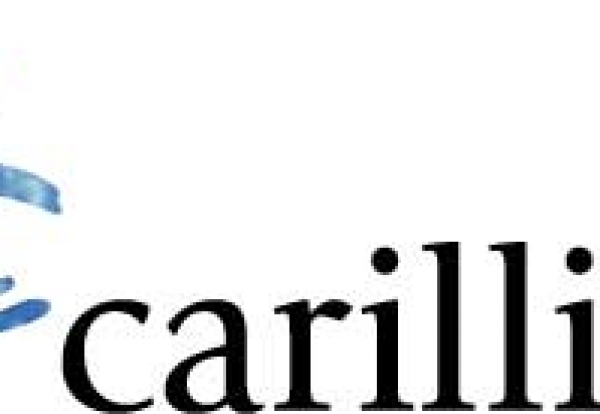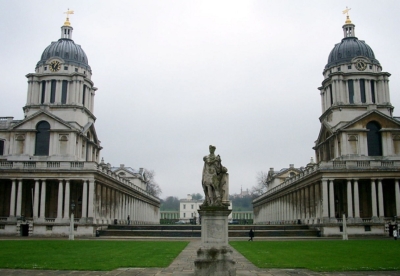The plan, called Step Up, has already saved £42m and next month Carillion is moving to an electronic supplier invoicing system that will help it save a further £86m in 2011.
The Sunday Telegraph reported that Carillion, which spends £3.5bn with suppliers each year, is also using electronic auctions for some products and services to select which of its existing suppliers remain preferred suppliers.
It is initially ranking suppliers on the percentage discounts they offer on volume contracts.
One supplier said that to take part in the auctions, those in his service category were being asked about retrospective rebates on work already completed this year.
The rebates are understood to range from 3% to 8% depending on the type and volume of work.
Carillion, which employs 50,000 people around the world, is one of 34 “second tier” central government suppliers that have begun talks with the Cabinet Office about efficiency savings that could affect its profit margins this year.
Serco became the latest supplier on Friday to sign a deal with the Cabinet Office that will see it make savings.
However, Carillion, which maintains military bases, hospitals, schools and thousands of miles of roads in the UK, told investors last week that it expected its £5.4bn revenues to grow further in the UK next year despite the Government’s cut in capital expenditure as central and local government outsource more services.
The supplier to Carillion told The Sunday Telegraph: “The e-auction is all about the discount and not pricing. They just get the cheapest price.
“We had a meeting with them last week and they were really aggressive – either we offer a rebate and money retrospectively for this year or you get out.”
Carillion, which was de-merged from Tarmac in 1999 and acquired rivals Mowlem in 2006 and McAlpine in 2008, said it had no “general policy to seek retrospective rebates” but acknowledged that it did accept rebates when offered from suppliers.
A spokesman said: “In an increasingly competitive market, suppliers put forward proposals to customers aimed at improving performance, increasing efficiency and reducing costs, and in some instances this includes pricing in respect of both future and completed orders. This obviously affects the approach to pricing in the market in question and therefore other suppliers with whom they are competing.”
Carillion also said its supplier rationalisation programme would help it select the “best” suppliers to deliver “best in class services”. It said it used e-auctions because they were “transparent”.















































.gif)








